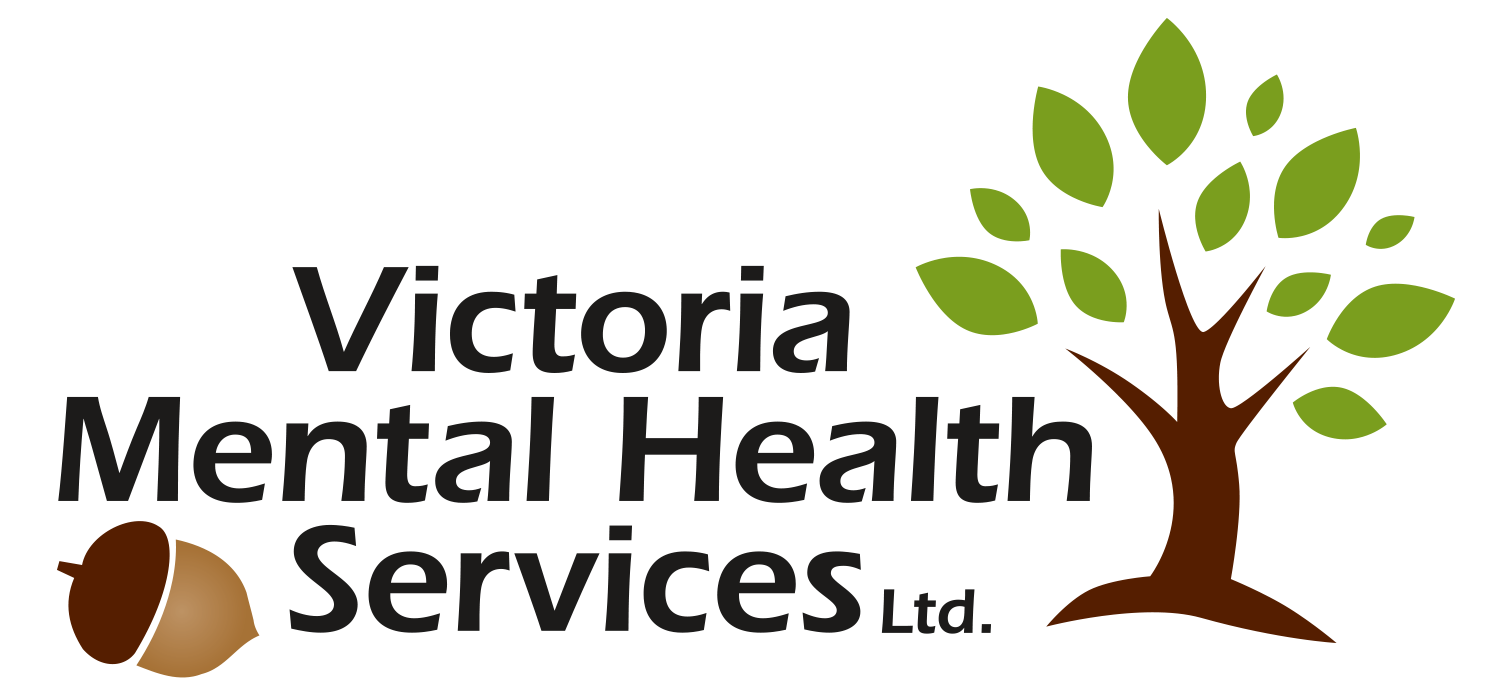Can You Be a Band-Aid?
One of my assignments in college was to go to a funeral home. Definitely not on my “Top 10” list of things to do, but it turned out to be an invaluable experience. The funeral director spoke to us about how death impacts people and went onto explain what happens to people shortly after they have lost a loved one. Often, the bereaved goes into shock, feels numb or like they have been anesthetized, others go 12 hours without eating a meal and fail to notice this. The director suggested being a Band-Aid to the bereaved. His suggestions match up with my experience in grief therapy with clients for years. Mostly, it is about your actions. Being a “Band-Aid” sometimes is simply being present to someone in grief. You may not cure the grief, but you will help make an unbearable time bearable.
One of St. Francis of Assisi’s famous proclamations was: “Preach the gospel always, and if necessary…use words”. Simply stated, let your actions speak for you. Offer to take care of practical duties so they can attend to more urgent matters. Call your family member/friend weeks after everyone else has returned to their hectic lives to be an emotional support to them. Be ok with asking about the deceased. He/she will tell you if they are uncomfortable talking about their loss. Don’t decide for them!! Often, it is therapeutic for the person grieving to share stories of a loved one with others.
Is there a predictable time period to grieve the loss of a loved one? No, grief is different for everyone. Be ok with correcting someone who tells you: “Well, it’s been (6) months, you should get on with your life”. Grief can be complicated and many people go through layers of grief. Some people avoid grief/loss issues due to their own fears or discomfort re: mortality.
How do I tell the difference between grief and depression? Only a qualified mental health clinician should evaluate whether you’re depressed or not? Two questions that can help you decide if it’s time to make an appt. for a counselor is:
1) Do my symptoms impede my ability to fully function on a daily basis.
2) Have the symptoms been exhibited nearly every day for a period of more than 2-3 months? If so, seek out professional help from your doctor and mental health clinician.
What if I am truly not able to clearly distinguish grief from mental health issues?
Call me: 952-443-3970 for a free brief consultation or to schedule an appt. today.


